‘We will definitely not see unicorns sooner than in 10 years’: how Tatarstan’s scientific potential to be realised
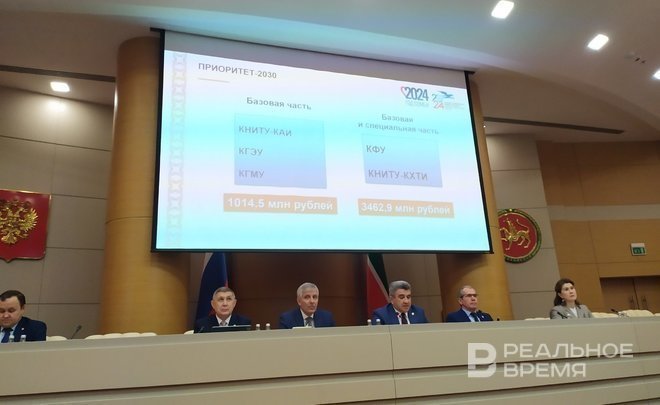
Tatarstan has approached the Year of Scientific and Technological Development fully armed, but in a difficult geopolitical situation. According to the results of the previous year, the republic ranked the second in the national ranking of scientific and technological development of the subjects of Russia, losing only 0.3 points to Moscow. There are big plans for further work in this direction: this includes the construction of youth laboratories, the stimulation of young scientists, and events for the exchange of experience with foreign countries. What Tatarstan science should expect in the coming years — in the reportage of Realnoe Vremya.
“All illusions disappeared after 2014"
The results of the implementation of the national project “Science and Universities” and plans for the Year of Scientific and Technological Development in Tatarstan were announced to journalists in the Republican Cabinet of Ministers on 6 February. The main message was delivered by Albert Gilmutdinov, the former minister of education, rector of KNRTU-KAI and acting assistant to Rais of Tatarstan Rustam Minnikhanov: it is necessary to constantly move towards scientific and technological development for the survival of the state. There is no other way.
“It didn't just become important. This is a matter of our country's survival. After 2014, all illusions disappeared, and after February 2022, they finally collapsed. We are being in a very tough competition, a life-and-death struggle. And powerful scientific and technological development will ensure not only our development, but also our survival. This is a matter of survival and sovereignty of our state," he told reporters.
The development of science in the country began to be seriously discussed in 2015, when Russia's President Vladimir Putin issued a decree on the national development goals of the state. The list includes 13 strategic projects, which include the Science and Universities programme. Currently, the Russian Federation ranks 9th in the world in terms of research and development. Also, almost 170 thousand domestic technologies are used in the country.
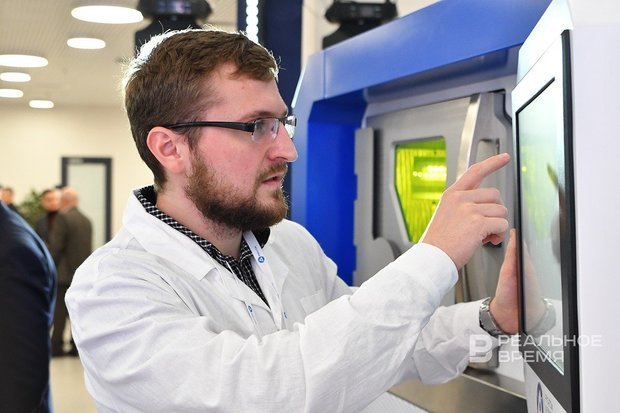
Tatarstan decided to keep up. Last year, 2024 was announced in the republic The Year of Scientific and Technological Development. And two weeks ago, the republic approved a plan that includes 131 events. This includes conferences, congresses and forums that will be held both at the regional, federal, and international levels.
However, scientific and technological sovereignty in the republic will be developed not only through discussions and events, but also through the creation of various projects. The Tatarstan Academy of Sciences alone has almost four dozen ideas in various stages of implementation, said Rifkat Minnikhanov, the president of the Academy. The main part of them, 10 projects, are being developed in the field of socio-economic sciences. Nine more relate to the field of mathematics, mechanics, and machine science. The remaining projects are being implemented in the field of humanities, agricultural, medical sciences, as well as in the field of chemistry and physics. In general, 723 million rubles were additionally allocated from the republic's budget for the programme of scientific and technological development. Of these, 412 million are intended to support advanced engineering schools, and the remaining 311 million are intended for development projects.
Alexey Kalachev, the director of the Kazan Scientific Center of the Russian Academy of Sciences, announced the specific goals and objectives implemented within the framework of the national project “Science and Universities”. One of the goals is the creation and development of youth laboratories. Currently, there are 10 such laboratories in the Kazan Scientific Centre of the Russian Academy of Sciences. There are more and more of them every year.
“In 2022, a youth laboratory in the field of microelectronics was established, which is actively beginning to interact with the enterprises of Zelenograd. And literally the latest competition is a laboratory in the field of low-tonnage chemistry. All these areas are in great demand from the point of view of both technological independence and solving import substitution problems," he said.
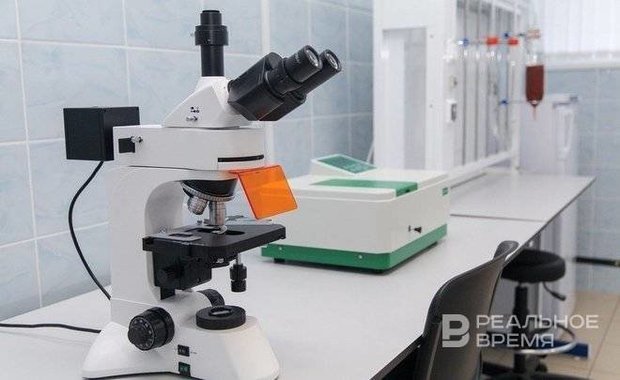
Besides, within the framework of the national project, a Breeding and Seed Production Center will be built in the republic. With its help, it is planned to conduct fundamental and applied research that will help identify new varieties and hybrids of potatoes, cereals, legumes, cereals, and fruit crops. The total financing of the project is about 140 million rubles.
The Center is also actively working on updating the instrument base. Over the past 3 years, over 761 million rubles have been allocated for these purposes. This year, the equipment will be updated by 162 million.
Separately, the speakers focused on universities. For example, this year the Kazan Federal University plans to create eight youth scientific laboratories. The University was also praised for actively attracting students, postgraduates, and young scientists to participate in grant competitions and research projects. Over the past 2 years, young university scientists have won grants worth 107.4 million rubles.
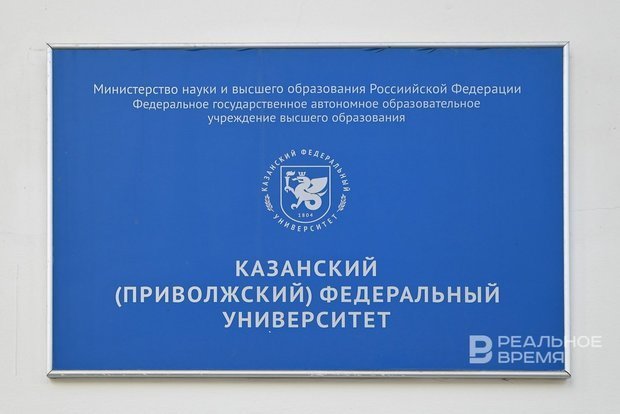
“I would like to highlight the projects of the Kazan Medical Academy and the Kazan University of Architecture and Civil Engineering. The organisation of scientific expeditions is carried out by the Kazan Institute of Culture and the Kazan Conservatory. The purpose of such expeditions is to collect material for the preservation of the historical and cultural heritage of Russian cultures. Innopolis University is the undisputed leader in the creation of scientific centres," Roza Akhmadieva, the deputy chairman of the Council of Rectors of Tatarstan Universities, shared her opinion.
Will they support young scientists and when we should expect “unicorns”?
When asked by Realnoe Vremya about new methods of stimulating young scientists, the speakers recalled that there are a huge number of grants, extra-budgetary allowances, and other incentive methods for them. In other words, young scientists are not left without support. At the same time, the administration of the rais of Tatarstan is currently considering an issue related to the support of young scientists.
Albert Gilmutdinov elaborated on this issue, recalling that the situation was critical some time ago, but now it is much better. The interlocutor stressed that scientists can apply for various prizes and for the support of the authorities of the republic.
“Nevertheless, all these measures need some kind of systematisation. Now we are doing this prioritisation. And of course, it needs to be added there. Therefore, according to the instructions of the rais of the republic, this work is underway. But I can say for sure: the situation is not critical, it will get much better over time," he concluded.
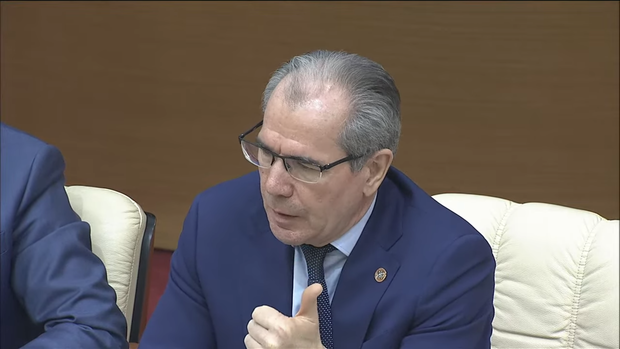
Now Tatarstan ranks first in terms of the number of startups. 442 students received one million each for their projects. When asked when their projects will “take off” and students will earn the first billion, the speakers answered in different ways:
“Of course, they will put their scientific projects into practice. I think in a year or two or even 5 years we will be able to say about it: what specific amounts we have achieved and what results we already have. The most important thing is that our youth does have an interest," said Ilsur Khadiullin, the minister of education and science of Tatarstan.
As Albert Gilmutdinov said, it is not worth waiting for Tatarstan millionaires to turn into billionaires in the near future:
“Billionaires in small businesses are called unicorns. When will they become “unicorns”? We will definitely not see anyone in less than 10 years, there is no need to indulge in illusions. It's just a world experience. We must be prepared for that many of them simply will not live. This is also normal, a common working practice. But this movement had to be started, because it is a new impetus for young people to try themselves in technological entrepreneurship and believe in their abilities. This is extremely important," he said.
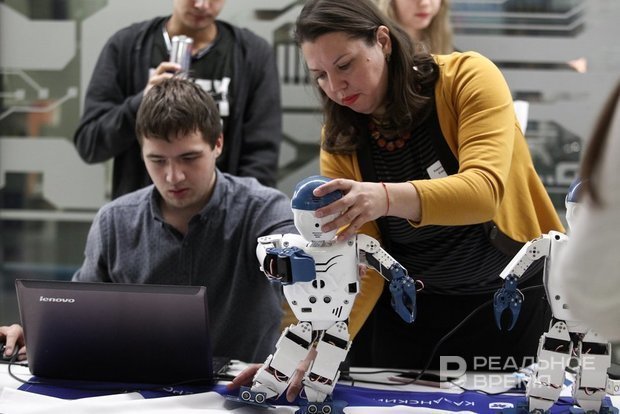
According to Gilmutdinov, startups solve the task of involving students in this industry, not making them billionaires. But he stressed that “unicorns” will definitely appear among Tatarstan students.
U-turn to the East
Separately, the speakers focused on the question of Realnoe Vremya regarding sanctions. In the face of the actions of unfriendly countries, the republic continues to cooperate with various states in this scientific and educational field. For example, last year, the KFU branches were opened in Egypt and Uzbekistan. According to Roza Akhmadieva, international activity in this area is very active and rapid. For example, foreigners are actively studying at universities in the republic. Even the ministers of education and science of foreign countries visited the region this summer.
“This is a confirmation that our republic and international cooperation are working at a very high level," she said.
According to Albert Gilmutdinov, earlier the emphasis was on the Anglo-Saxon countries, but now you can see a strategic turn from West to East. As an example, he cited the recent trip of Rustam Minnikhanov to Malaysia, where the parties signed 12 agreements. He mentioned that Tatarstan universities are actively developing relations with universities in China, India, Vietnam, and Egypt.

“We have left the West, but all these efforts are now surfacing in the eastern direction, therefore, without any doubt, the international direction will be developed by our universities and scientific organisations," concluded the interlocutor.
The assistant to the rais of the republic spoke about the West itself. Recently, Tatarstan scientists have been actively invited to international conferences and publications, as well as to peer review in Western journals.
“Normal people are really trying to return to normal cooperation, I hope that one way or another it will not be completely reset, and of course, we will also support this direction. This is extremely important," he added.
Alexey Kalachev added that the interaction between the parties takes place, among other things, through international awards.